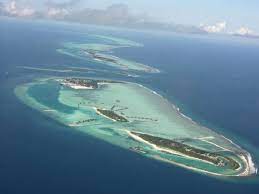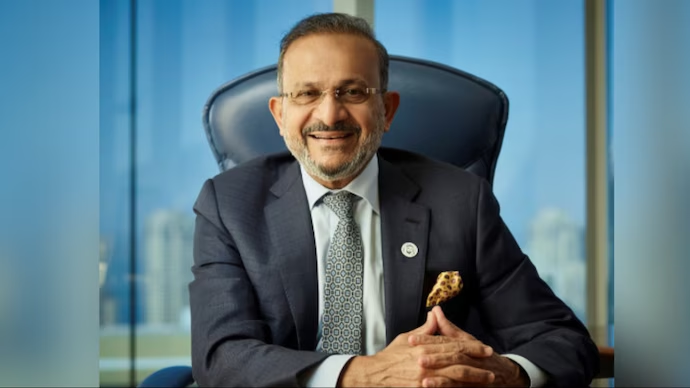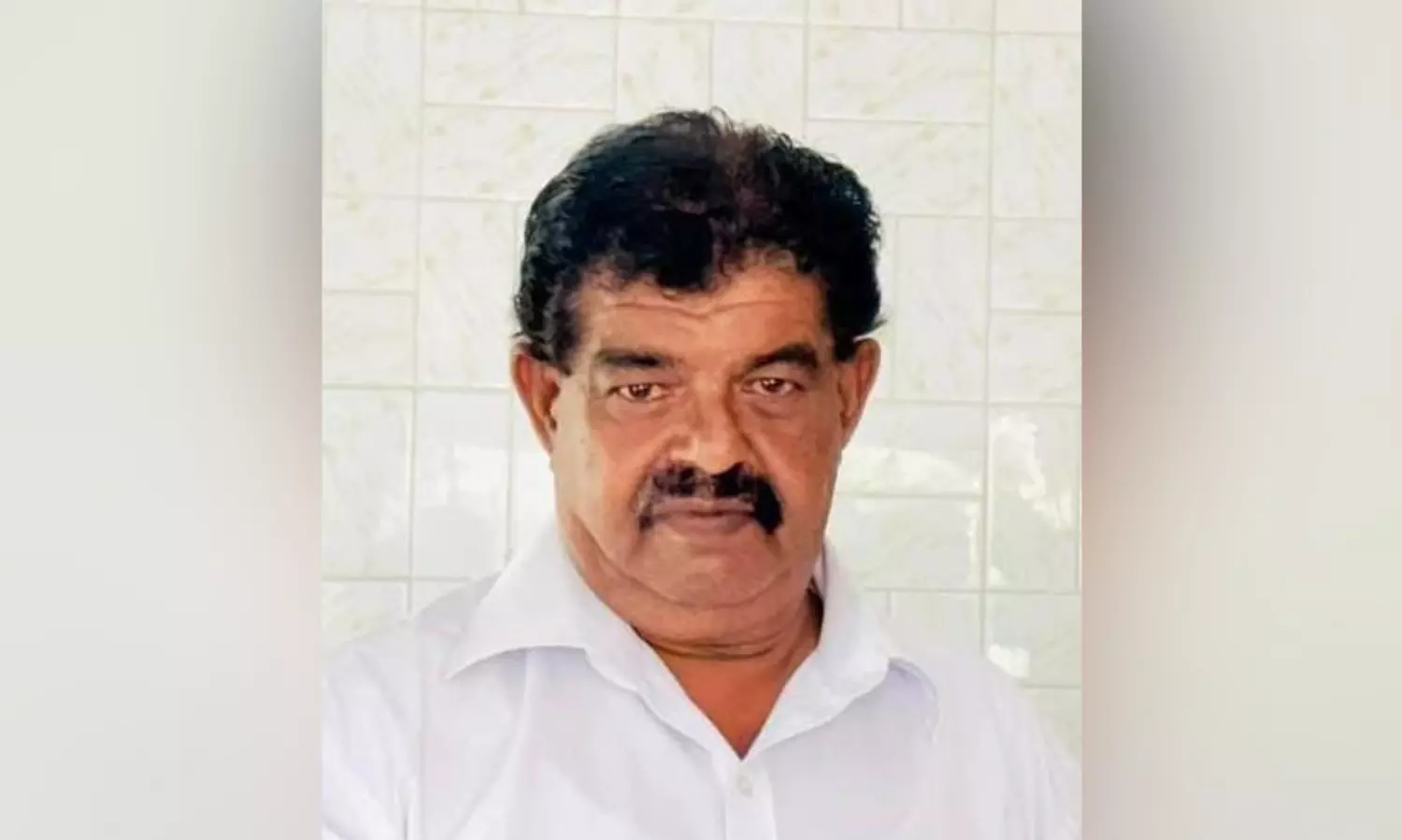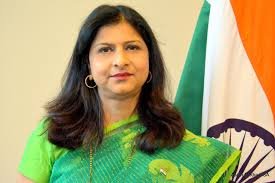The Indian High Commission in the Maldives has sought government action and greater. Last week, a letter written by the High Commission to the country’s Ministry of Foreign Affairs was leaked and widely shared in Maldivian local media and across social media platforms.
The ‘India Out’ campaign started sometime last year as on-ground protests in the Maldives, and later widely spread across social media platforms using the phrase with a related hashtag.
The Indian High Commission in the Maldives has sought government action and greater. Last week, a letter written by the High Commission to the country’s Ministry of Foreign Affairs was leaked and widely shared in Maldivian local media and across social media platforms. The letter cited the Preamble of the Vienna Convention on Diplomatic Relations (1961) and stated that these “attacks are motivated” and indicated that they could potentially “damage the bilateral relations between India and the Maldives”.
In response, the Maldivian Democratic Party (MDP), released an official statement on July 2, that expressed “concern over the ill-founded and disparaging remarks against Indian diplomats”. It named local news publication Dhiyares and its co-founder and writer Ahmed Azaan, saying that the publication and Azaan had engaged in a “continuous barrage of anti-India vitriol” that “with the purpose of whipping up hatred against the Maldives’ closest ally, India.”
The Indian High Commission in the Maldives has sought government action and greater security following what it calls “recurring articles and social media posts attacking the dignity of the High Commission” and diplomats posted in the country.
“We are just protesting military presence in the country,” Shifxan Ahmed, co-founder of Dhiyares, said.
“This ‘India Out’ campaign is not about people-to-people relations. It is an issue based movement,” Ahmed said.
The anti-India sentiment didn’t just sprout overnight last year, but is nearly a decade old. A recurring complaint is the lack of transparency in agreements being signed between the Solih government and India. After the Solih government came to power, in 2019, local Maldivian media speculated that the UTF Harbour Project would be turned into an Indian naval base.
Researchers say that the issue is complex and involves bilateral relations, geopolitical interests and economic arrangements for both countries.
India has to work on perception management in the Maldives and the Indian High Commission can do it. They need to earn the good will of the people, according to experts.








